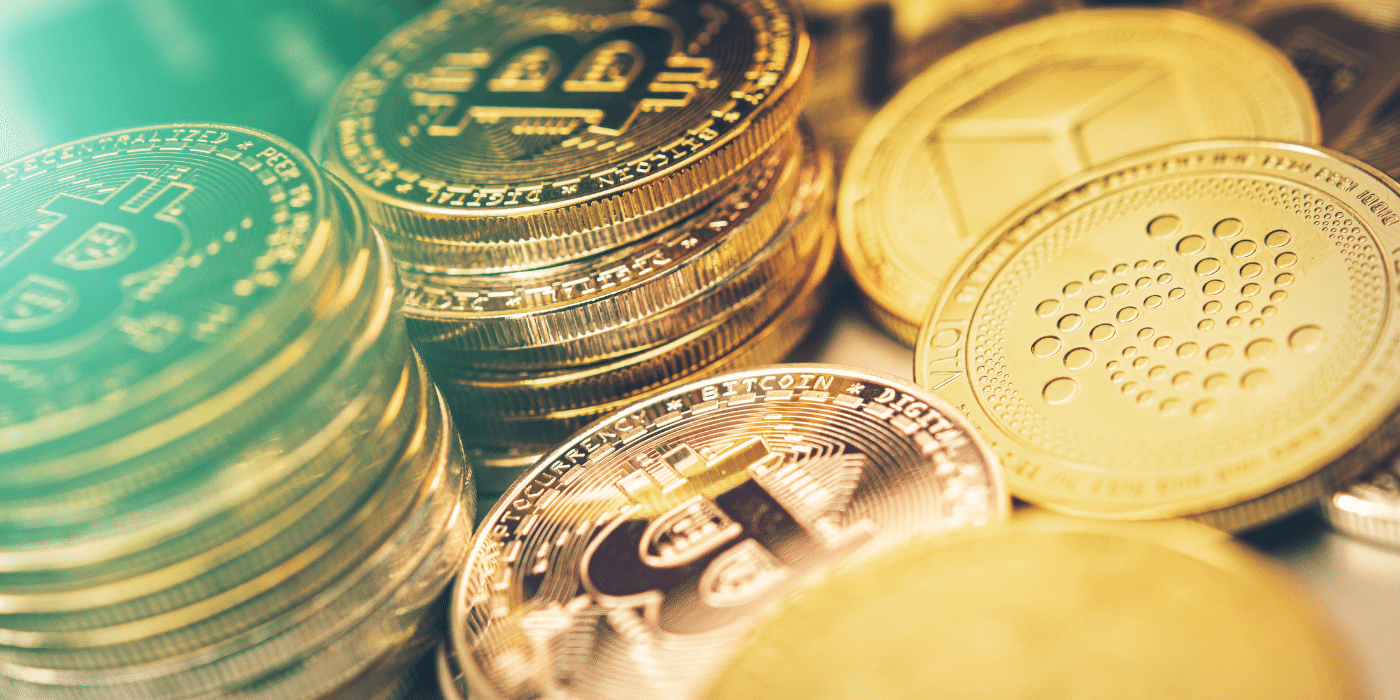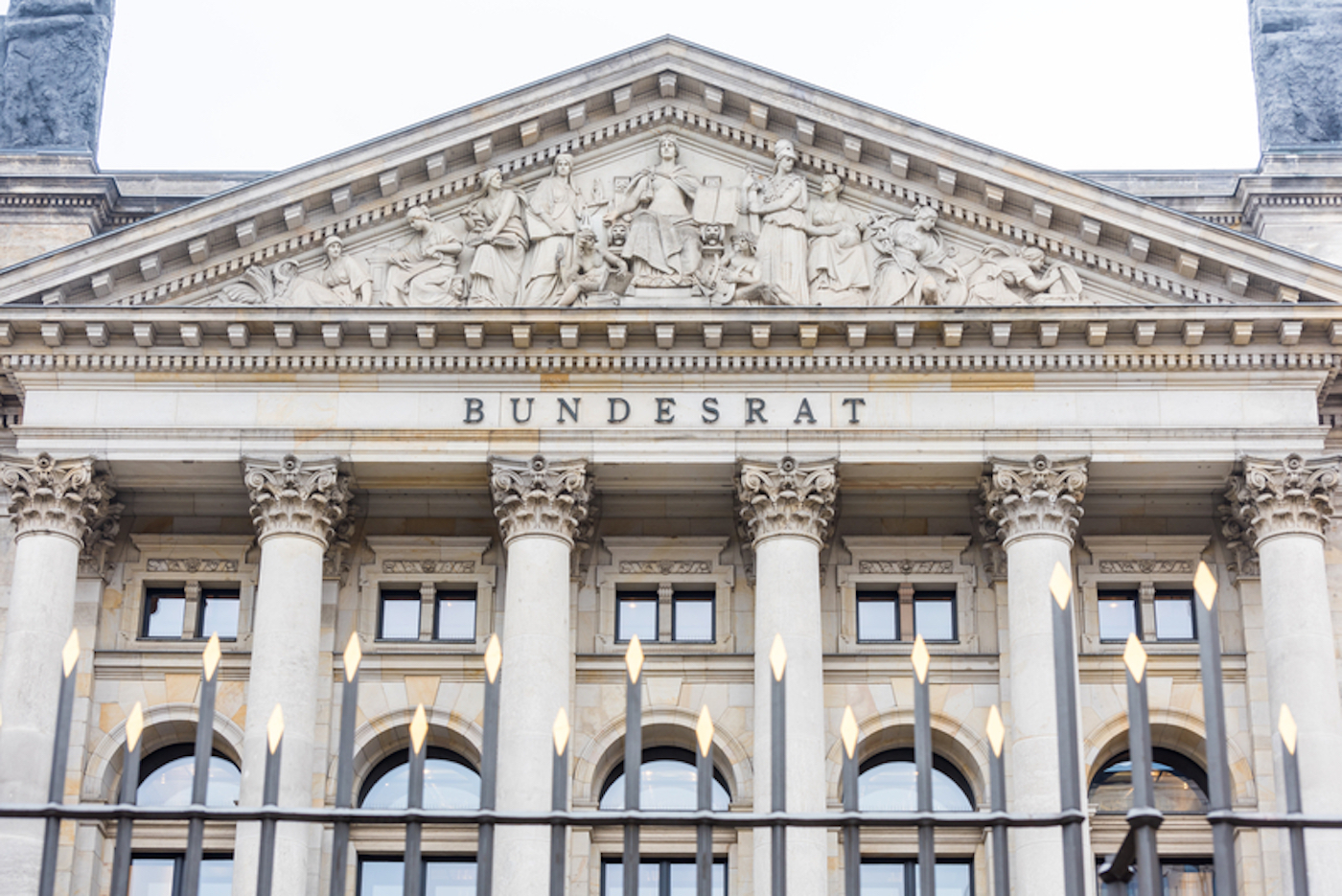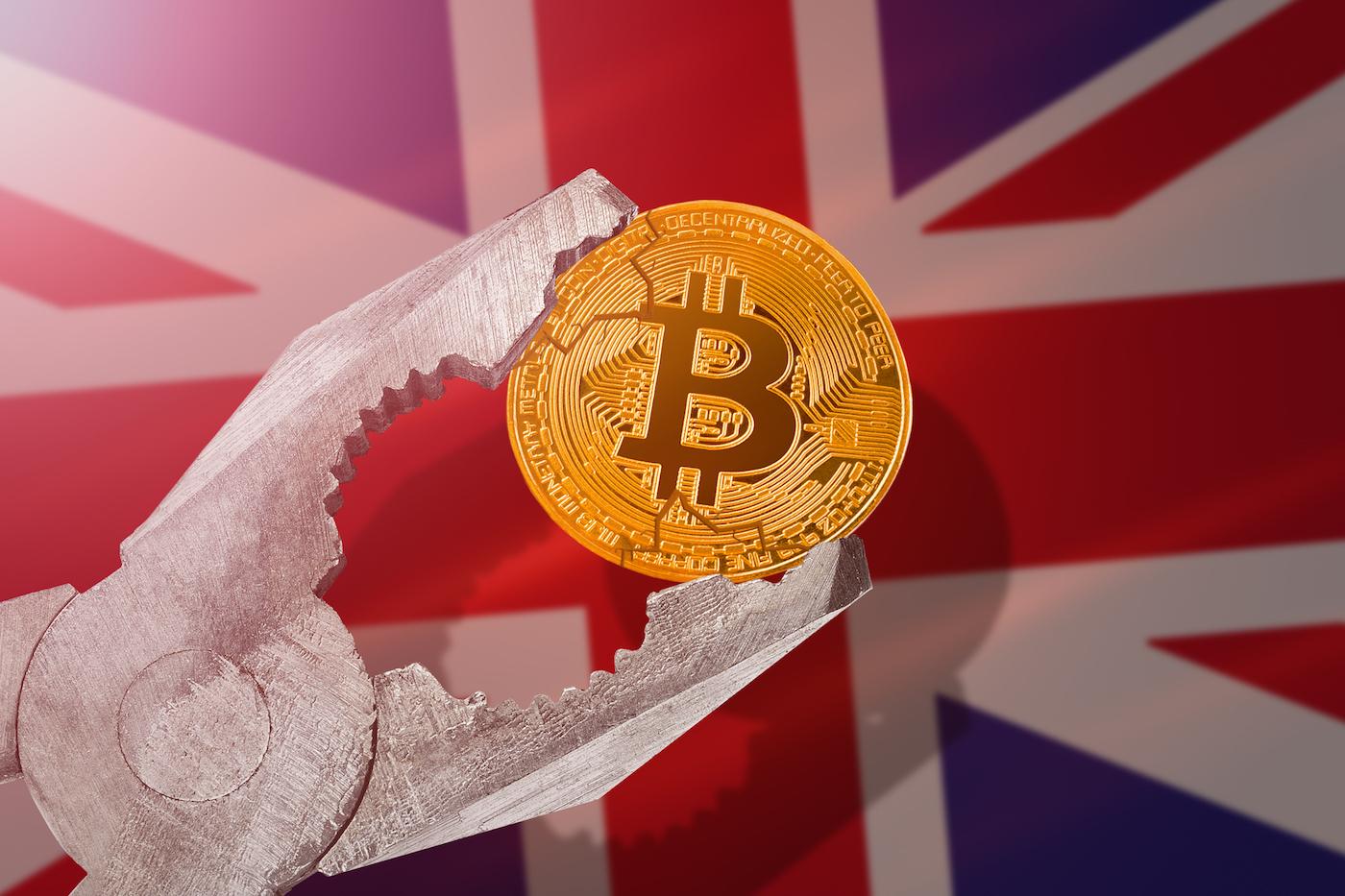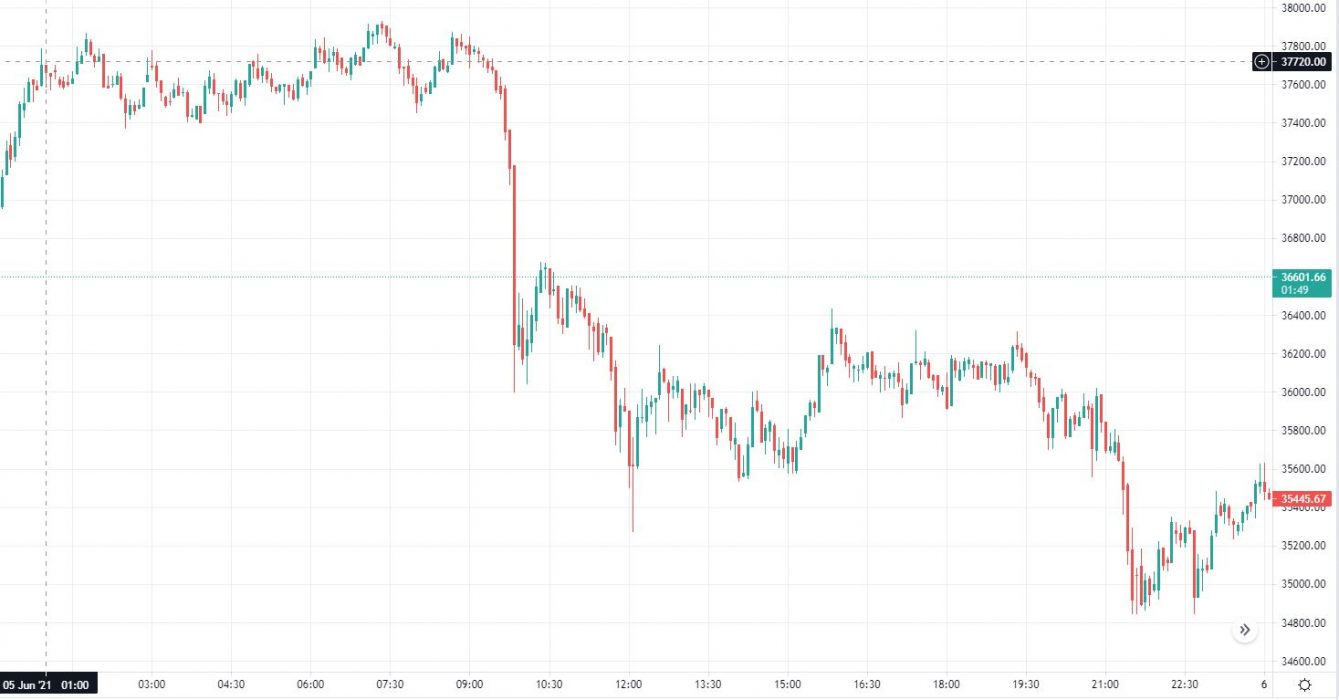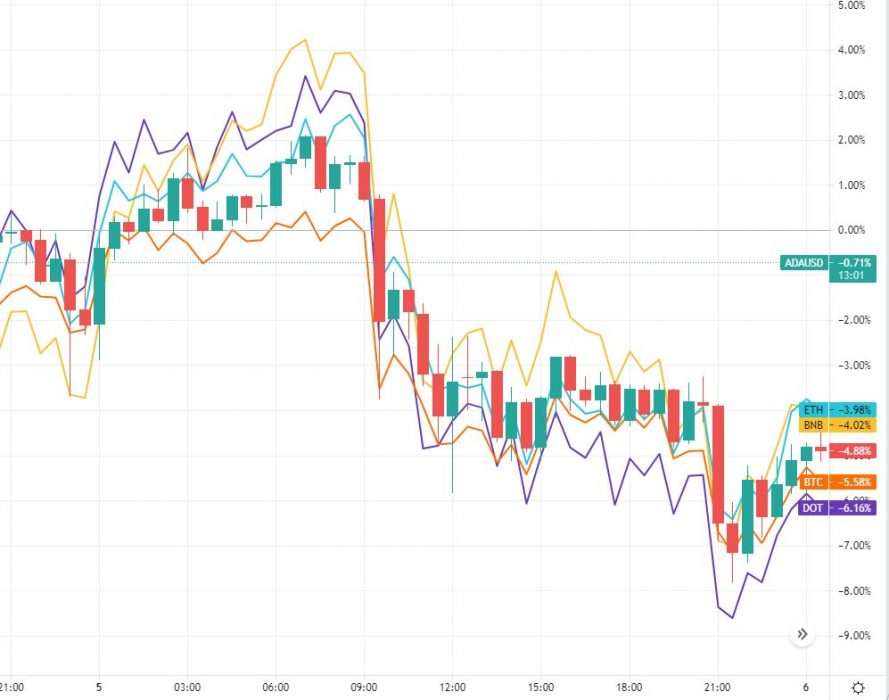More Australian crypto companies are requesting clearer and updated regulations for the digital asset environment, prompting the Australian Fintech Senate to create “innovation-friendly” measures.
These suggestions come after the fintech committee set specific guidelines for submitters to send their requests regarding topics related to technology and finance and how Australia can benefit from emerging technologies, as well as becoming a hub in those fields.
Aussie crypto exchange Swyftx recommended the senate should look at establishing a robust regulatory regime for digital assets in Australia that would remove any uncertainty or doubt for service providers and customers.

A dedicated and harmonised framework is therefore necessary … to provide specific rules for crypto assets and related activities and services and to clarify the applicable legal framework … Such a framework should support innovation and fair competition while ensuring a high level of consumer protection and market integrity in crypto-asset markets.
Swyftx letter to Fintech Senate
Australians are Demanding Access to Crypto Services
The interest in cryptocurrencies in Australia remains strong despite the fact that several high-market cap currencies as Ethereum and Bitcoin have halved while DeFi tokens and altcoins are leading the market.
The crypto community in Australia has already pointed out that the current regulatory measures do not necessarily work for blockchain and cryptocurrencies. According to R3, an enterprise software platform working with blockchain technology, simplicity is key to designing proper frameworks for crypto assets.
Simplicity is key in designing frameworks. Layering additional regulations on top of already robust and effective frameworks would only complicate the industry and inhibit innovation with no resulting upside.
R3 statement
The company noted that the government should align digital asset regulations following the principle of “same risk, same activity, same treatment”.
Australia Has a ‘Unique but Diminishing Opportunity’ to Become a Leader in the Crypto Space
On the other hand, Bitaroo, an Australian BTC-only exchange, suggested Australia should follow El Salvador’s example and recognise bitcoin as a foreign currency.
By recognising bitcoin as a foreign currency and by exempting capital gains tax on foreign currencies, Australia has a unique but rapidly diminishing opportunity to position itself as a global and forward-thinking leader in this space.
Bitaroo statement
In a consultation paper published on June 30, the Australian Securities and Investment Commission (ASIC) laid out guidelines for the inclusion of cryptocurrencies in exchange-traded products (ETPs). ASIC is seeking feedback from market participants to adjust rules for local operators and to protect crypto service platforms and consumers alike.

